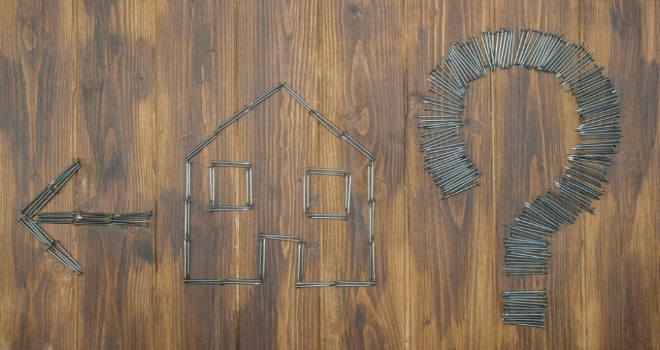
Over half (51%) of Brits are considering buying their first home or moving house according to new research released today. But, high property values in the area they want to move to together with the associated home-buying costs, mean that many (61%) are unlikely to move in the next 12 months.
The research found that those considering buying or moving home have been thinking of doing so for an average of 3.2 years.
High property prices in the area they want to buy (22%), getting enough money together for a deposit (18%) and the associated costs of buying a property and moving (11%) were cited as the biggest obstacles to their plans. Other barriers to moving home include a lack of availability of the type of property in the area they wish to live (11%), job or income insecurity (10%) and the ongoing costs of running a home including mortgage repayments, utility bills and council tax.
The survey found that while high property prices are a key obstacle for all would-be home movers, other difficulties varied considerably with age. For example, 45-54 year olds cite a poor credit history or credit score (14%) and job/income insecurity among their top three barriers to buying or moving home. For those in the 55-64 and 65+ age brackets, the main obstacle they face is a lack of availability of the type of housing they wish to move to in the area they want to live in.
Matt Sanders, spokesman for Gocompare.com Mortgages said: “Affordability is a big concern for both first-time buyers and those wishing to move-up the property ladder. According to the Office for National Statistics**, house prices are continuing to increase due to rising demand and a lack of supply. The average house price in the UK now stands at £288,000 and with house price inflation exceeding wage growth it’s even harder to save enough money for a deposit – potentially putting homeownership out of reach for many people.
But there is some good news. Recently there has been a resurgence in the number of lenders offering low-deposit mortgages. Most lenders now have a mortgage product aimed at homebuyers with a deposit of 10% of the purchase price of their property and, subject to stricter eligibility criteria, some lenders offer 5% deposit mortgages.
Buying a home and repaying a mortgage will probably be the biggest expense most of us make – so it’s important to do your research to make sure you get the best deal for your circumstances. The obvious advantage of a low-deposit mortgage is that you’ll be able to buy a home or move sooner, but, interest rates and fees for these products tend to be higher than for mainstream mortgages. So, if you are concerned about the ongoing costs of homeownership, then it might be better off saving for a higher deposit.”





